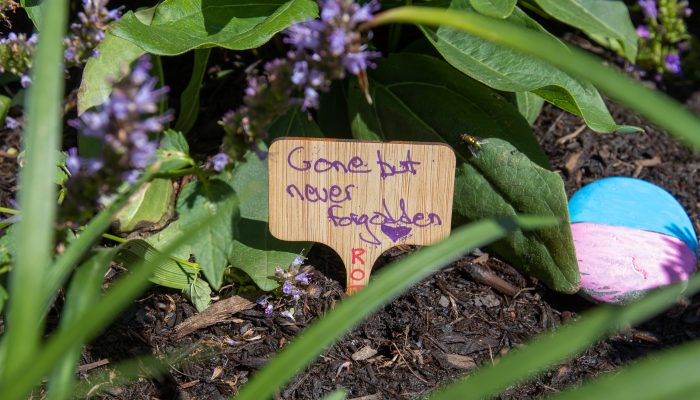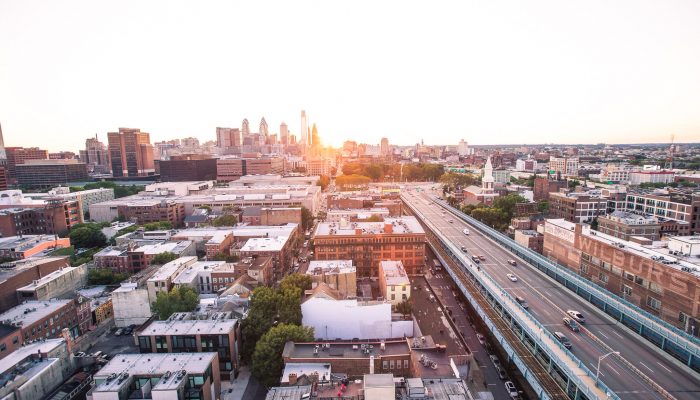Photo credit: Mat Tomeszko, Mural Arts Philadelphia
Last week, Philadelphia’s Opioid Response Unit released its latest action plan, which provides an update on our progress and next steps to address the opioid epidemic in Philadelphia.
Data in the report show that the COVID-19 pandemic unfortunately exacerbated the devastating impacts of the opioid overdose crisis. In 2020, Philadelphia witnessed the highest number of overdose deaths since 2017, as well as a troubling rise in overdoses among Black and Hispanic/Latino/a/x Philadelphians.
The report also details the latest coordinated responses across City departments to address the challenges facing communities disproportionately affected by the opioid crisis.
Some key areas of progress this past year include:
- Launch of the Kensington Community Resilience Fund (KCRF), a community-driven project to distribute grants to community-based organizations in Kensington, Harrowgate, and Fairhill. To date, the KCRF has awarded a total of $400,000 to 40 community-based organizations to support work in public safety, youth development, beautification, and blight removal.
- A public awareness campaign on the overwhelming and deadly presence of fentanyl in Philadelphia’s drug supply, resulting in an executive order signed by Mayor Kenney that decriminalized the possession and distribution of fentanyl test strips in Philadelphia.
- Launch of the Kensington Police District. In 2021, the Kensington Police District arrested 570 individuals, including 270 for possession with intent to deliver, and confiscated 54 firearms while making 35 Violation of Uniform Firearms Act arrests.
Notable 2022 goals include:
- Expanding citywide outreach and engagement to reduce stigma, raise awareness on fentanyl and overdose prevention, and provide treatment resources in communities increasingly impacted by the overdose crisis.
- Expanding grief and bereavement support for children who have lost a loved one due to overdose through the Department of Public Health’s Division of Substance Use Prevention and Harm Reduction’s Bereavement Care Program.
- Supporting Medication Assisted Treatment (MAT) access in the city’s prisons.
- Developing and implementing a mobile methadone maintenance treatment program.
- Expanding Police Assisted Diversion facilities in the Police Department’s East Division.
- Completing a 100-Day Challenge in Kensington to connect people with substance use disorder who are unsheltered to housing opportunities and behavioral health treatment services.
The Opioid Response Unit is committed to strengthening our community relationships in all Philadelphia neighborhoods impacted by the opioid crisis using a holistic, equity-driven approach. Moving forward, we must continue to recognize historic disparities and complex conditions affecting Philadelphian families to address significant intersections at the heart of the opioid crisis.
The Opioid Response Unit is working closely with community organizations and City agencies to align overdose and violence prevention, increase maternal health supports to address maternal mortality risk, and inform considerations for juvenile justice and child welfare involvement. The progress we’ve made and the steps we’ll take this year are possible because of our community partners, city residents, and collaborators across City departments.
The full 2022 Action Report is available online.
About the Opioid Response Unit
Established in February 2020, the Opioid Response Unit (ORU) ensures that City departments are operating under a unified strategy to respond to the opioid crisis in Philadelphia. The ORU focuses on expanding the prevention and treatment of substance use disorder while helping impacted communities recover through its coordinated efforts in community support and public safety.




